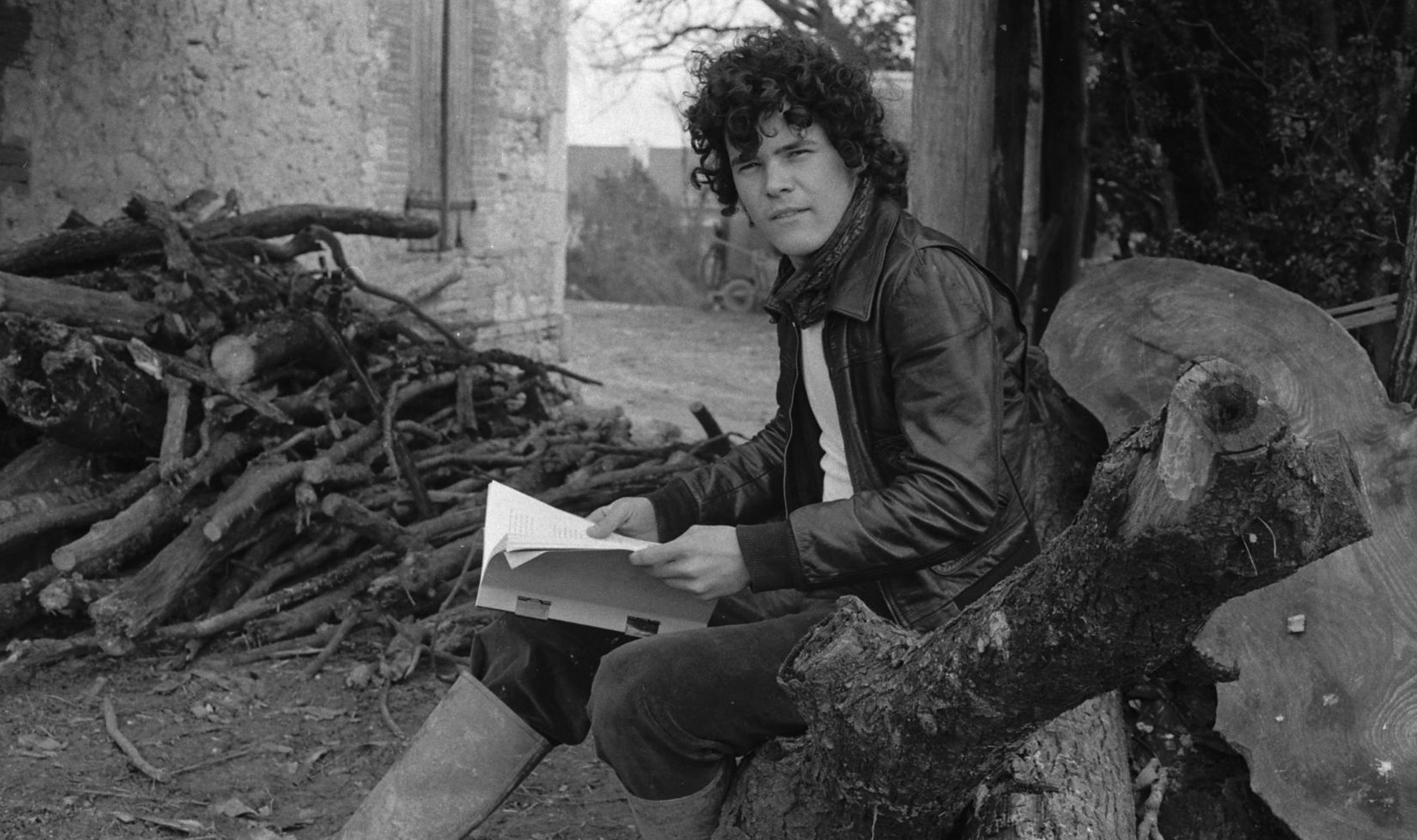Social Entrepreneurship and “Placemaking”
In yesterday’s post on the heartland farming boom, I highlighted a quote by hedge fund manager Jim Rogers to the effect that, for the foreseeable future, there may be an outflow of money from financial capitals like New York and London into the real economy. And with rising food demand in emerging markets abroad, farms stand to gain mightily from such investment choices.

If such turns out to be the case, it seems to me that small cities like, say, Roanoke, Va., could experience a tangential boost.
With that in mind, check out this New York Times piece by Melena Ryzik on a downtown revival effort by Roanoke developer Ed Walker:
Mr. Walker, 44, a former outsider-art dealer and a third-generation lawyer from a prominent local family, has emerged as a commercial developer with an unusual civic conscience. In less than a decade, he has bought more than a dozen disused historic buildings, renovated them and enticed people to live in them. … With his wife, Katherine, and two young sons, he lives downtown himself and evangelizes about it to any visitor. Last fall he started what will be an annual conference in Roanoke, City Works (X)po, billed as exploring “big ideas for small cities.”
The conference is part of an urban/regional planning field called “placemaking,” defined by Wikipedia as the study of the “design of place, the experiences they make possible and the consequences they have in our lives.” There’s apparently a NEA grant program for “creative placemaking” — that is, civic development plans that “[leverage] the arts to create livable, sustainable neighborhoods with enhanced quality of life, increased creative activity, distinct identities, a sense of place, and vibrant local economies that capitalize on existing local assets.”
That sounds commendable, but if these efforts are going to pay off, it’s going to take “social entrepreneurs” like Walker, who know what they’re doing, have access to real money, and a realistic hope of making a profit. On that score, the Brookings Institution’s Bruce Katz tells the Times: “This is happening across the country … What you’re seeing is a group of vanguard developers and vanguard businesspeople who basically spot a trend and then double down or triple down with their own resources.”
Over to you, Rod Dreher.
